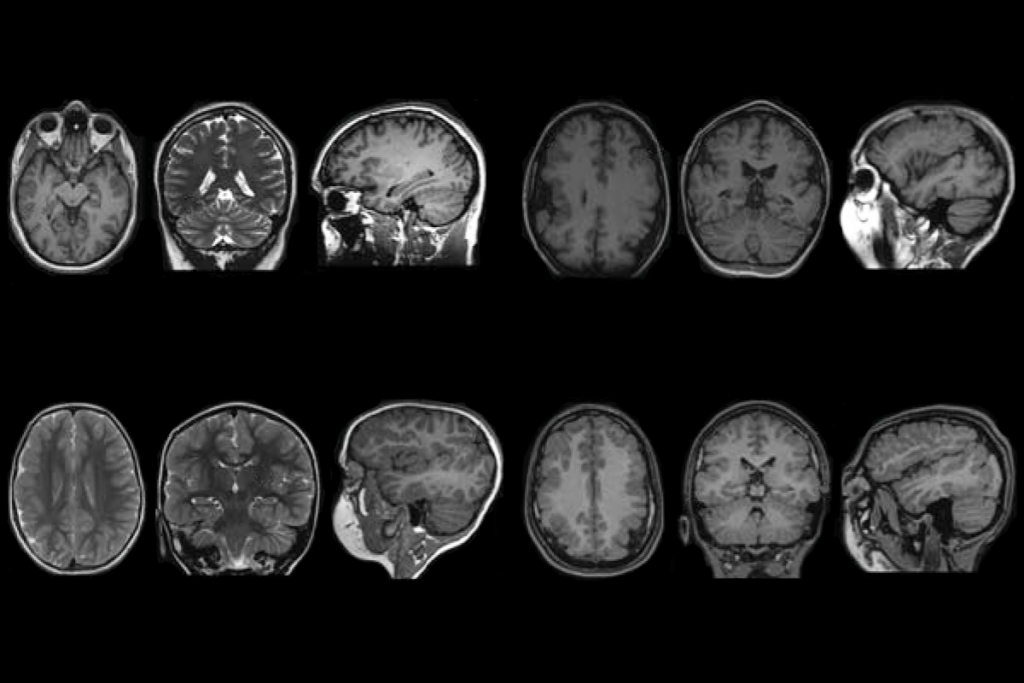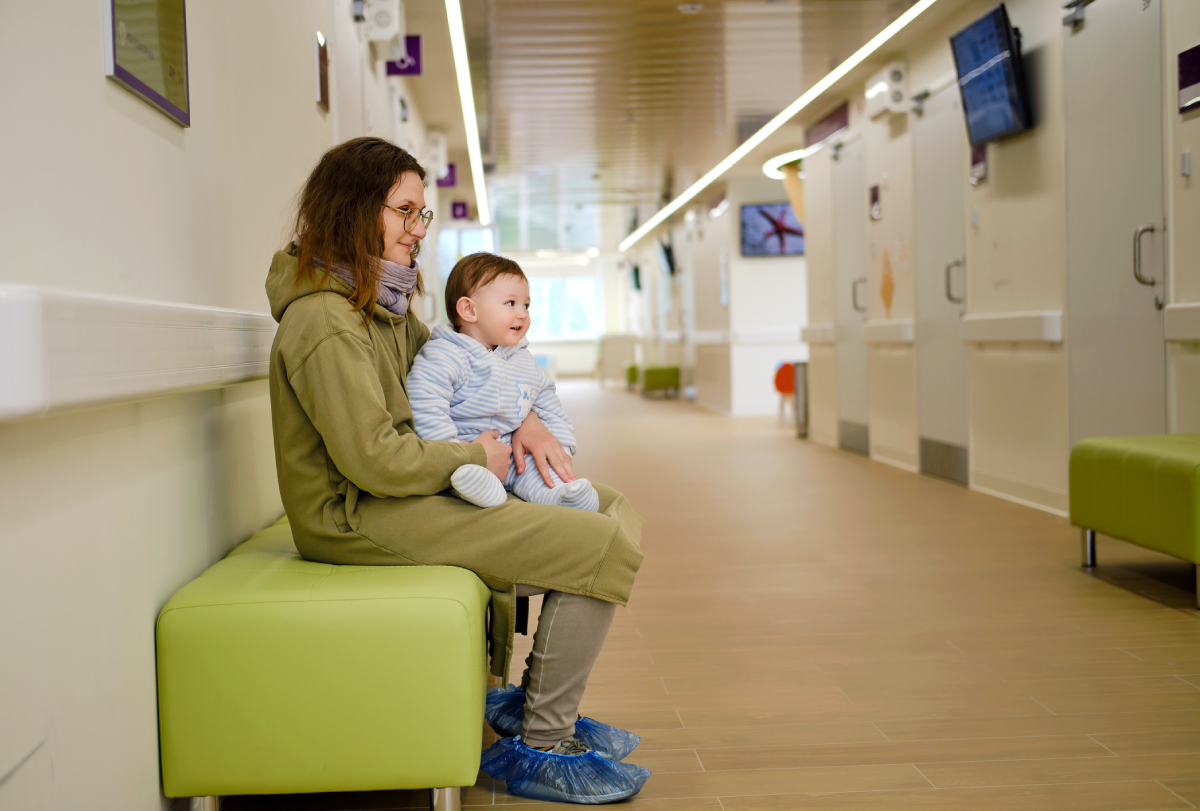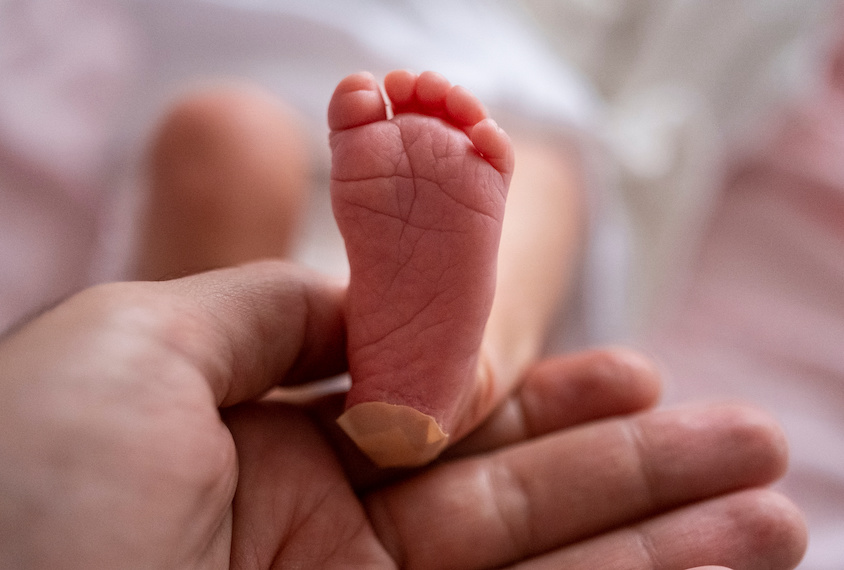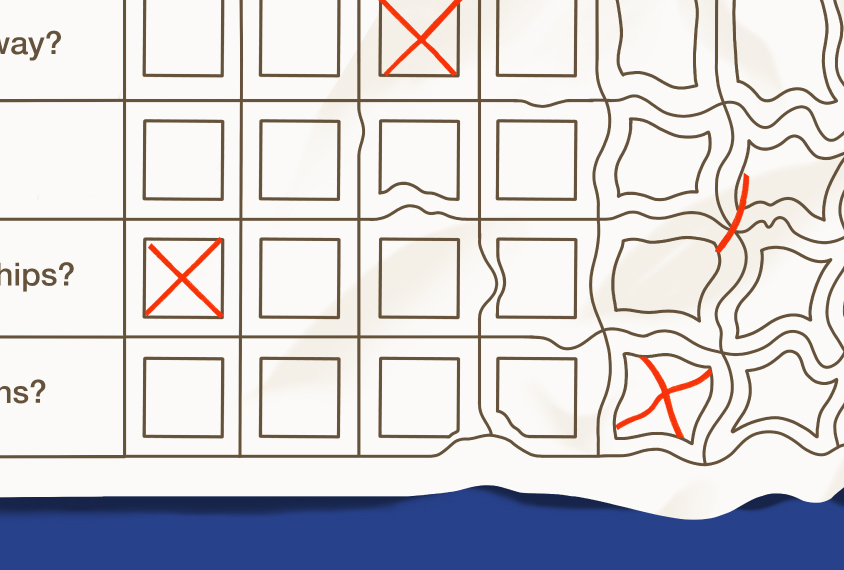Screening
Recent articles
Impaired molecular ‘chaperone’ accompanies multiple brain changes, conditions
Rare genetic variants in a protein-folding complex contribute to a spectrum of phenotypes that encompass brain malformations, intellectual disability, autism and seizures, according to a new “hallmark” study.

Impaired molecular ‘chaperone’ accompanies multiple brain changes, conditions
Rare genetic variants in a protein-folding complex contribute to a spectrum of phenotypes that encompass brain malformations, intellectual disability, autism and seizures, according to a new “hallmark” study.
A genetics-first clinic for catching developmental conditions early: Q&A with Jacob Vorstman
A new clinic is assessing children who have a genetic predisposition for autism and other neurodevelopmental conditions—sometimes before traits appear.

A genetics-first clinic for catching developmental conditions early: Q&A with Jacob Vorstman
A new clinic is assessing children who have a genetic predisposition for autism and other neurodevelopmental conditions—sometimes before traits appear.
New tablet-based tools to spot autism draw excitement — and questions
Handheld devices promise to bring autism detection home, but many researchers urge caution.

New tablet-based tools to spot autism draw excitement — and questions
Handheld devices promise to bring autism detection home, but many researchers urge caution.
Average autism diagnosis delayed by more than two years
The findings may explain why the average age at diagnosis has plateaued at 4 years old.

Average autism diagnosis delayed by more than two years
The findings may explain why the average age at diagnosis has plateaued at 4 years old.
Dietary changes ease traits in rare autism-linked condition
Early treatment with nutritional supplements and a high-protein diet forestalls some neurodevelopmental problems for children with BCKDK deficiency.

Dietary changes ease traits in rare autism-linked condition
Early treatment with nutritional supplements and a high-protein diet forestalls some neurodevelopmental problems for children with BCKDK deficiency.
Tempering tales of a new autism measure: A conversation with Thomas Frazier
The questionnaire, designed to screen children for autism, isn’t ready for clinical use without further validation, contrary to what some overblown newspaper headlines reported.

Tempering tales of a new autism measure: A conversation with Thomas Frazier
The questionnaire, designed to screen children for autism, isn’t ready for clinical use without further validation, contrary to what some overblown newspaper headlines reported.
DNA unwinder tied to social behaviors in mice, zebrafish
Blocking the enzyme, called TOP2A, in embryos makes the animals less inclined to seek companionship later in life.
DNA unwinder tied to social behaviors in mice, zebrafish
Blocking the enzyme, called TOP2A, in embryos makes the animals less inclined to seek companionship later in life.
Explore more from The Transmitter
Neuroscience has a species problem
If our field is serious about building general principles of brain function, cross-species dialogue must become a core organizing principle rather than an afterthought.

Neuroscience has a species problem
If our field is serious about building general principles of brain function, cross-species dialogue must become a core organizing principle rather than an afterthought.
This paper changed my life: Ishmail Abdus-Saboor on balancing the study of pain and pleasure
A 2013 Nature paper from David Anderson’s lab revealed a group of sensory neurons involved in pleasurable touch and led Abdus-Saboor down a new research path.

This paper changed my life: Ishmail Abdus-Saboor on balancing the study of pain and pleasure
A 2013 Nature paper from David Anderson’s lab revealed a group of sensory neurons involved in pleasurable touch and led Abdus-Saboor down a new research path.
Sex bias in autism drops as age at diagnosis rises
The disparity begins to level out after age 10, raising questions about why so many autistic girls go undiagnosed earlier in childhood.

Sex bias in autism drops as age at diagnosis rises
The disparity begins to level out after age 10, raising questions about why so many autistic girls go undiagnosed earlier in childhood.